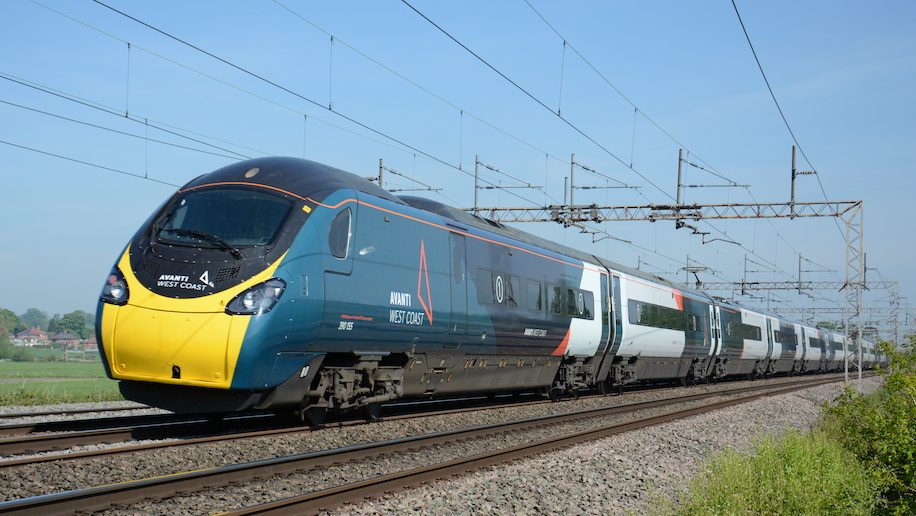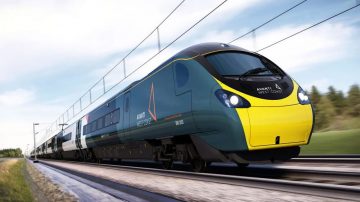
After 25 years of relative peace on UK’s rail network, this summer has seen some of the worst disruption I have seen since the 1970s.
I speak as a former London commuter who suffered the endless industrial action with British Railways during that decade.
At one stage the situation was so bad that a return train home that day could never be guaranteed.
It was a time when, unlike today, trade union members could strike at very short notice.
Fast forward to 2022, and strike action today and again on Saturday means there will be a very limited mainline service, although in reality only the intrepid would attempt a long journey.
According to The Guardian this has been the least reliable year since records began, although these only date back as far as 2015.
Data from Office of Rail and Road shows 3.6 per cent of trains cancelled or part-cancelled in the year to July 23, owing to industrial action, Covid-related absences or extreme weather.
And there is no sign that worker disputes will be settled anytime soon.
Besides directly affecting rail services over the strikes periods, the disputes have impacted operators more widely, with Avanti West Coast being forced to introduce a special timetable to offer a more reliable service.
Avanti West Coast’s schedules to return to sparse pandemic levels
This in turn has meant already busy trains are terribly overcrowded either side of a strike day.
David Collins, northern editor of The Sunday Times, encountered first hand the crowds taking the 2000 hours to Manchester yesterday.
This is the 8pm train to Manchester from Euston. Field of people. pic.twitter.com/zFJC20J3S7
— David Collins (@DavidCollinsST) August 17, 2022
Normally that train would be considered off-peak, but a combination of Avanti operating an hourly (rather than three times an hour) service to Manchester accounted for the crowds.
Travellers also lose out because fewer trains mean higher fares. As we see in aviation many of the cheaper rail fares are governed by available capacity.
I am not an industrial relations expert so I would not wish to speculate. But I sincerely hope peace returns to UK rail as soon as possible.












